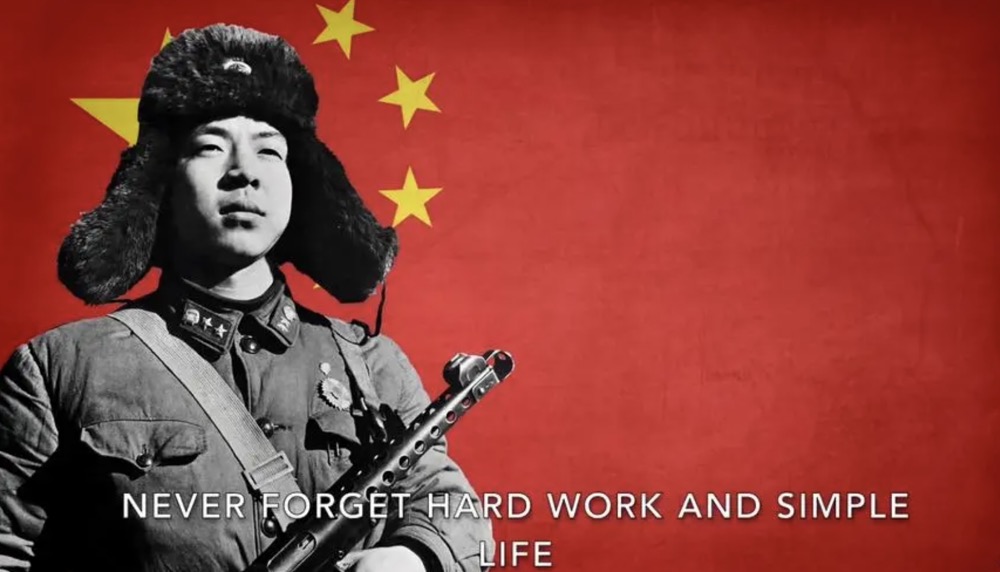
Every year in March, schools and organizations across China commemorate Lei Feng, a People’s Liberation Army soldier who has become a symbol of selflessness, dedication to service, and civic virtues. But why does China honor Lei Feng in March, and what is his significance in Chinese history?
Lei Feng was born in 1940 in a village in Hunan province. He joined the People’s Liberation Army in 1960 and served for four years until his untimely death in 1962 at the age of 22. Lei Feng is remembered for his extraordinary commitment to helping others, always going out of his way to perform small acts of kindness and do good deeds.
The practice of commemorating Lei Feng dates back to the 1960s when Chinese leader Mao Zedong initiated the “Learn from Comrade Lei Feng” campaign, which aimed to promote the values of selflessness, collectivism, and service to the country. The campaign included the publication of Lei Feng’s diary and other materials that highlighted his devotion to helping others, and his example has since become part of the fabric of Chinese culture.
The month of March is a significant time for honoring Lei Feng because it coincides with his birthday on March 18th. On this day, schools and organizations across China hold ceremonies and events to remember Lei Feng and to promote the values of selflessness and service that he embodied.
Some critics have argued that the Lei Feng campaign is an example of state-sponsored propaganda and cult of personality that detracts from individual thinking and creativity. However, others see Lei Feng as a symbol of a deeper cultural tradition in China that values service to one’s community and the greater good.
Regardless of one’s interpretation of the Lei Feng campaign, his legacy continues to be an important part of Chinese culture and tradition. By honoring Lei Feng in March, China reaffirms its commitment to promoting the values of service, selflessness, and civic responsibility that he embodied.